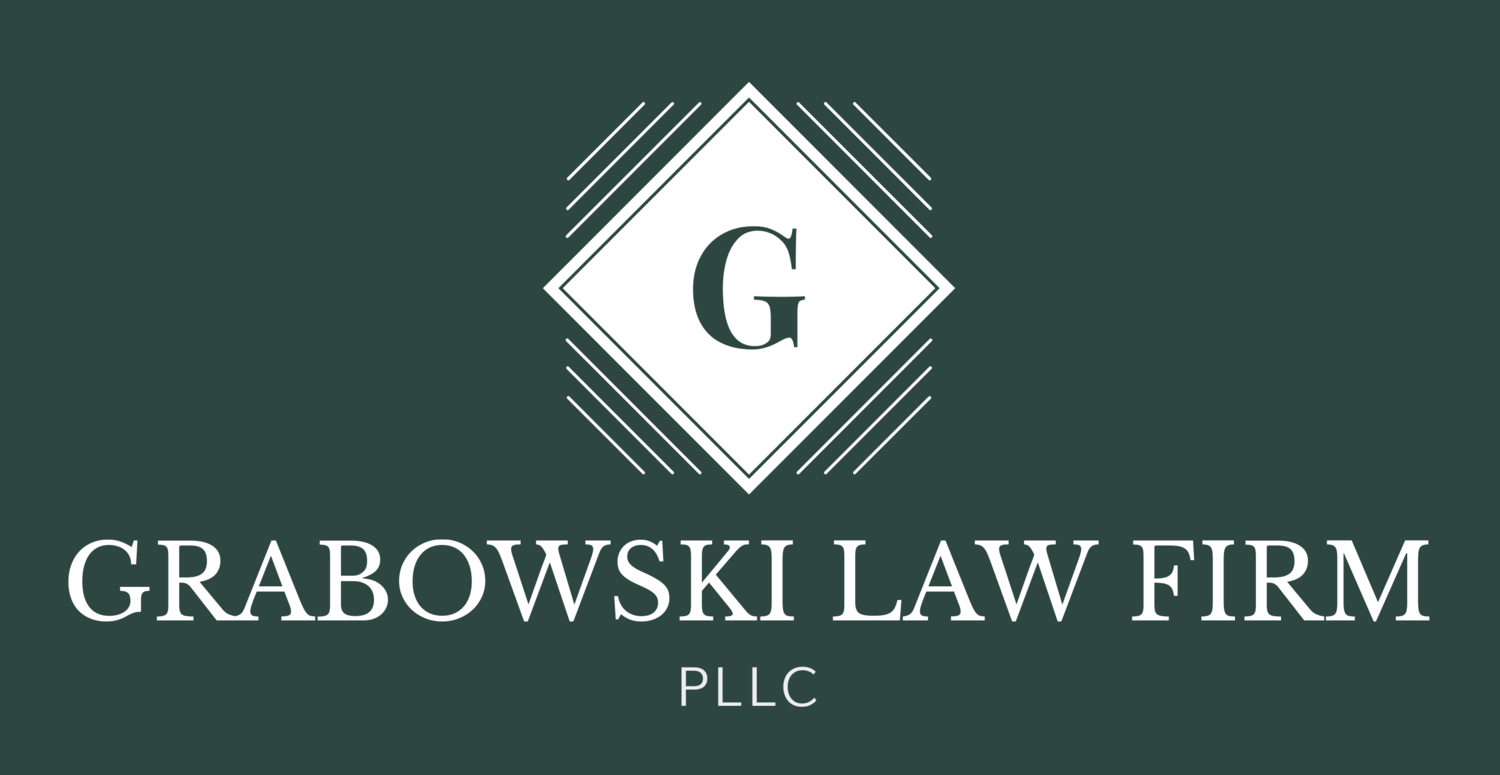Contractual Defenses: How does Force Majeure and other contractual defenses apply to your business or situation?
Contractual Defenses: How does Force Majeure and other contractual defenses apply to your business or situation?
Contractual defenses are important to understand, potentially implement or negotiate in unforeseen times. A prime example includes the events surrounding North Carolina’s mandatory stay at home orders (quarantine) related to the novel coronavirus (COVID-19) pandemic.
We receive consistent calls from business owners, commercial lease tenants / landlords, franchisees / franchisors, etc. regarding what defenses they may have or how to fairly negotiate those proposed defenses.
Some of the most common contractual defenses are as follows:
- Force Majeure is a common clause in contracts that may free both parties from liability or obligation if an extraordinary event prevents one or both parties from performing. These must be unforeseeable and unavoidable. Typically, these are referred to as “Acts of God.” In many situations, the implementation of a Force Majeure clause only suspends such liabilities and obligations.
-The Doctrine of Impossibility is typically utilized by a “seller” stating the duty to be performed by either party cannot be performed (ie destruction of subject matter, death, etc.).
-Frustration of Purpose is typically utilized by a “buyer” stating the purpose has become valueless by unforeseeable supervening events or acts (ie impeding the purpose of entering into the contract).
These legal tools are often situationally specific. In order to determine if you may qualify for a contractual defense, you should to look to the elements (ie legal definition) of the proposed defense. Once you have determined your desired contractual defense, you may apply the language of the contract and surrounding facts. Conversely, if a defense is proposed to you, you should examine their application of the surrounding facts and law to bolster your counter argument.
North Carolina has published jury instructions for the Doctrine of Impossibility and Frustration of Purpose. These are legal explanations simply explaining the law the application under North Carolina Law.
These situations are rarely clear cut and often require the research and opinion of a licensed North Carolina lawyer to gain more clarity. Since the onset of COVID-19, we have seen a dramatic increase in the use, need and negotiation of these legal tools.
Our office has advised clients on how these defensive contractual terms may apply to their situation or not. If you are seeking to utilize such defenses or understand more about enforcing a contract, Grabowski Law Firm, PLLC is here to provide legal help.
DISCLAIMER: The Grabowski Law Firm, PLLC regularly provides consultations and representation in the above subject matter. However, this blog is for informational purposes only and not intended as legal advice for your specific situation.

